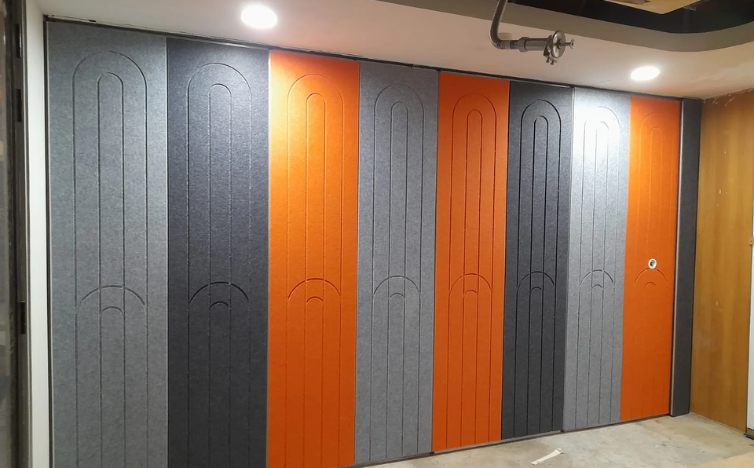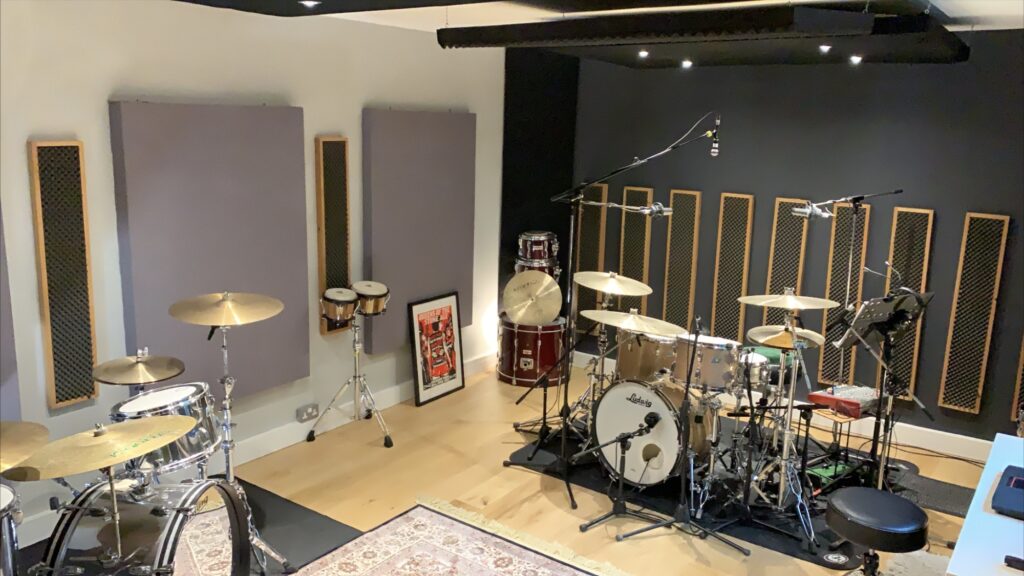Wooden sliding partitions are a stylish and functional solution for dividing spaces in homes, offices, and commercial settings. They offer flexibility, aesthetic appeal, and space-saving benefits. However, choosing the right partition requires careful consideration of material, design, and functionality.
1. Material Quality & Durability
- Solid Wood vs. Engineered Wood – Solid wood offers natural beauty but may warp over time, while engineered wood (like MDF or plywood) is more stable.
- Finish & Treatment – Opt for moisture-resistant finishes in humid areas to prevent damage.
2. Space & Functionality Needs
- Room Size & Layout – Ensure the partition fits the available space without obstructing movement.
- Sound Insulation – If privacy is a priority, choose thicker panels with soundproofing layers.
3. Design & Aesthetic Appeal
- Matching Interior Style – Select finishes (natural wood, painted, or stained) that complement your décor.
- Panel Patterns – Frosted glass inserts or laser-cut designs add visual interest.

4. Mechanism & Ease of Use
- Track Systems – Overhead tracks are sleek but require strong ceiling support; floor tracks are sturdier but may create tripping hazards.
- Soft-Close Features – Ensures smooth, quiet operation for frequent use.
5. Budget & Maintenance
- Initial Cost vs. Longevity – High-quality wood may cost more but lasts longer.
- Cleaning & Upkeep – Regular dusting and occasional polishing maintain appearance.
6. Installation & Professional Help
- DIY vs. Professional Installation – Complex systems may need expert fitting for smooth operation.
- Wall & Ceiling Compatibility – Ensure the structure can support the partition’s weight.
Call us: Contact Waseem Technical Soundproofing Expert in Dubai For Soundproofing: +971 50 209 7517
Conclusion
Wooden sliding partitions enhance both functionality and aesthetics, but choosing the right one depends on material, space, design, and budget. Assessing these factors ensures a durable, stylish, and practical solution for your space.




